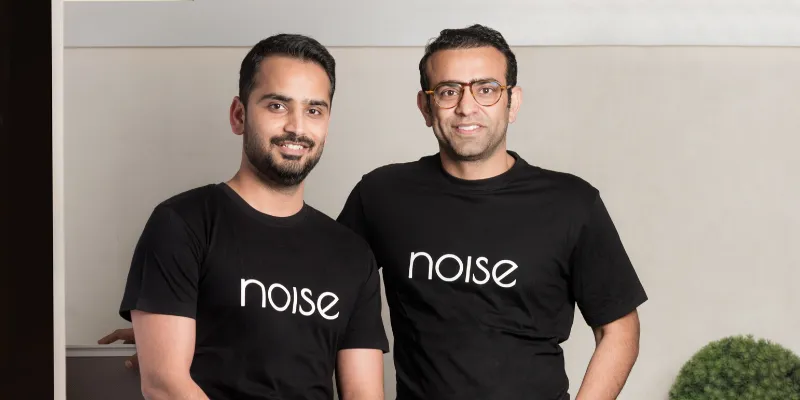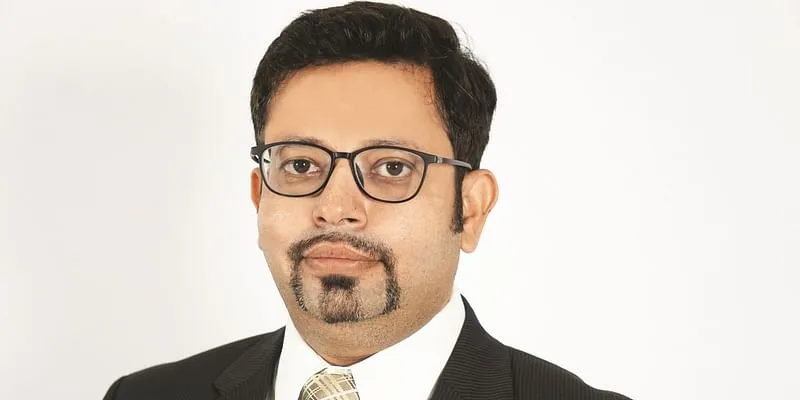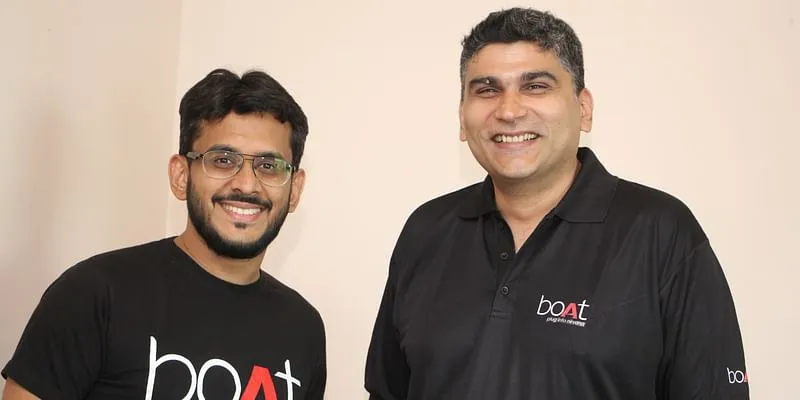5 Made in India headphones and speakers brands competing with the likes of JBL, Samsung, and Sony
Affordable rates, online discounts, youth-centric focus, and the charm of Made in India are helping these headphones, speakers, and electronics brands compete with international companies such as JBL, Samsung, and Sony.
The smartphone market in India has boomed due to discounting practices, EMI offers, ecommerce sales, and more. The consumer electronics segment, a part of which comprises headphones, earphones, power banks, and other mobile accessories, is following suit.
The larger consumer electronics segment is expected to grow at 9.3 percent, resulting in a projected market volume of $20,624 million by 2025, according to Statista data. The mobile phone accessories market is estimated to grow 10.5 percent from 2017 to 2024, according to a Research Nester report.
New Indian electronics brands are tapping into the craze for mobile accessories and electronics, and selling actively through ecommerce portals.
Affordable rates, online discounts, youth-centric focus, and the charm of Made in India are helping them compete in a market earlier dominated by the likes of international brands JBL, Samsung, and Sony.
SMBStory has curated a list of five popular Made in India electronics brands:
Noise

Gaurav Khatri (left) and Amit Khatri (right), Founders, Noise
Not long after Gaurav Khatri completed his commercial pilot training in the Philippines, he decided he wanted to become an entrepreneur. The year was 2014 - when the consumer electronics segments for smartphones, smartphone cases, Bluetooth earphones, etc was exploding on and Amazon India.
“There was an opportunity to invest in the smartphone cases and covers segment, and it seemed like a good bet. When I expressed interest in this, my cousin Amit reached out to me,” Gaurav says.
They invested their savings of Rs 7.18 crore ($1 million) to start in 2014. Gaurav and Amit tied up with Chinese manufacturers to make smartphone covers, and sold them in India. Gaurav claims Noise became one of the best sellers in the mobile accessory category in the first few years.
They had also begun research into smart wearables and Bluetooth earphones, and were looking to include these products in their portfolio. By 2018, Noise launched both products. The strategy was to sell good quality smart wearables and Bluetooth earphones that were high on features at a value-for-money price.
Today, these co-founders are able to clock a GMV of Rs 25 crore per month.
pTron

Ameen Khwaja, Founder & CEO, pTron
Hailing from a decades-old, well-established family business, Ameen Khwaja is an electrical engineer, who made the best of the opportunities that came his way. In 2005, Ameen returned to India and in 2015 he built his own ecommerce website latestone.com to sell smartphone accessories.
Initially, Ameen imported products from China and sold them through his ecommerce portal. However, he soon saw a huge gap in the smartphone mobile accessories market in India.
In 2015, Ameen launched , a brand conceptualised for consumer electronics and mobile accessories. The brand offers various consumer electronic products such as Bluetooth headsets, TWS products, smartwatches, portable Bluetooth speakers, and networking products, among others. pTron clocked Rs 25 crore last quarter.
Challenges and tough competition didn’t hamper Ameen’s vision nor did the unprecedented times of COVID-19. With the pandemic hitting businesses hard, pTron’s sale went to zero for two months. Ameen decided to switch partial manufacturing to India in a move to become self-sustainable.
He says, “We decided to manufacture our fastest selling wireless headsets in India. Though the custom cost has increased from 12 to 15 percent, it is high time to become self-reliant.”
pTron clocked Rs 25 crore in Q4 2019-20.
boAt

boAt Founders Aman and Sameer
When Sameer Mehta and Aman Gupta launched in 2016, the goal was to avoid another me-too sourced from China product “without having a clear vision on the design and Intellectual Property”. Today, boAt is present in 5,000 retail stores, supported by 20 distributors. The startup claims to be clocking sales of four million units per year, and says it has served 20 million Indians so far.
In FY20, it clocked a revenue of Rs 500 crore, up by 108.8 percent from Rs 239.44 crore in FY 2019, while the business has been profitable for five years straight. Almost 80 percent of its sales come from ecommerce channels such as Amazon and Flipkart. In 2019, data by IDC ranked boAt as the leading brand in the earwear segment with a 27.3 percent market share.
The founders claim that boAt is now selling 15,000 units per day and have COVID-19 to thank for this because everything from “work to workout” has converged as people are staying inside their houses.
“The consumer wants audio to be part of their lifestyle, especially after COVID-19. They use headphones to study, watch videos and exercise, enjoy home cinema, and work with video calls,” Aman says.
Hammer

Rohit Nandwani, COO and Founder, Hammer
Rohit Nandwani sensed early on that there was space for a private label in the wireless audio devices market. Two market developments had caught his attention — Apple launching AirPods, and several smartphone brands discontinuing the practice of offering earphones plugged to handsets.
Rohit’s father had saved up for his MBA. The son decided to use it instead to launch his business. With Rs 30 lakh, Rohit started Hammer in Haryana. Hammer started offering audio devices in various categories — earphones, headphones, home audio devices, et al. But soon, it streamlined its offerings.
At present, Hammer makes wireless audio devices such as headphones, earphones, and fitness bands. These products are priced between Rs 999 and Rs 3,999. The R&D of these products happens in-house, while the manufacturing takes place in India and abroad.
Manufacturing units near Manesar and Panipat account for 20 percent of the production, and the rest comes from units in Germany, Taiwan, Estonia, and Vietnam. Hammer recorded a turnover of Rs 6 crore in FY20, which has doubled to Rs 12 crore so far in the current fiscal. It expects to close out FY21 with Rs 16-18 crore in turnover.
Ambrane

Ashok Rajpal, Founder and Managing Director, Ambrane
In 2001, Ashok Rajpal (39) was in the textile business in which he spent 11 years before he witnessed the tech industry boom. Noticing a huge growth potential in the demand for peripheral devices, he decided to venture into this nascent industry, though he had no knowledge of it.
Teaming up with his brother, Sanjay Rajpal (36), Ashok began his journey as a retailer of mobile accessories. The duo founded Ambrane in 2012 with an investment of Rs 10 lakh from their personal savings.
When Ashok entered the business of manufacturing and retailing power banks, the smartphone industry was burgeoning, and he saw an untapped opportunity in the power bank segment.
He notes that, back then, the concept of power banks was still alien to India, though the product had gained popularity in China and Japan, besides other countries. “In 2014, we set up our manufacturing unit in Kundli, near Sonipat in Haryana, and began manufacturing power banks,” Ashok says.
After the launch of its power banks, there has been no looking back for them. Today, Ambrane manufactures and sells other mobile accessories and audio products too. Its wide range includes speakers, chargers, and rugged cables, apart from power banks. The company has a 10-million customer base and records a turnover of Rs 103 crore.
Edited by Teja Lele







